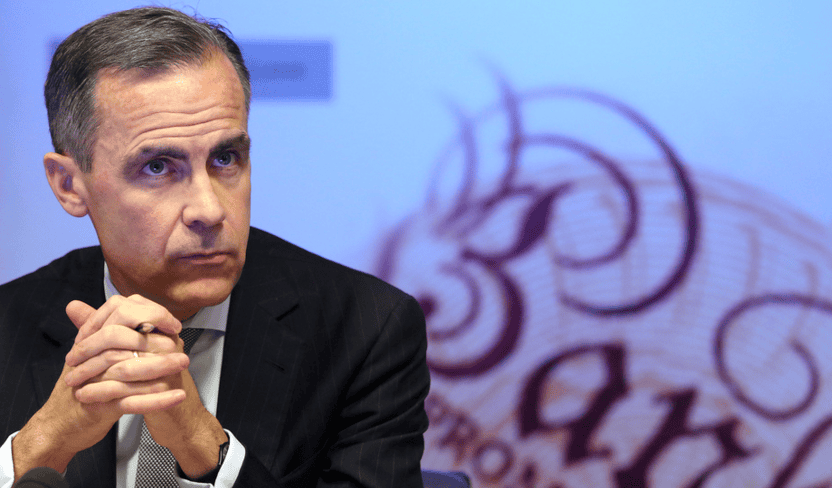
Bank of England governor Mark Carney told the BBC in an interview that finance firms need to act faster on climate change. He described climate change as a “tragedy of the horizon”.
Firms in the finance sector need curb investment in fossil fuels at a faster rate, Mr Carney said.
“I would say we’re in a climate crisis… action needs to be taken,” Mr Carney said in a pre-recorded BBC Radio 4 Today interview.
Mr Carney said that leading pension fund analysis shows policies of companies are consistent with warming of something in the order of 3.7-3.8C. This compares with the 1.5-degree target outlined in the Paris Agreement on climate change.
The near 4 celsius prediction is “far above the 1.5 degrees that the people say they want and governments are demanding,” Mr Carney said.
“The concern is whether we will spend another decade doing worthy things but not enough… and we will blow through the 1.5C mark very quickly,” he added.
He said that a question for every company, every financial institution, every asset manager, pension fund or insurer is “what’s your plan?”
“Four to five years ago, only leading institutions had begun to think about these issues and could report on them.
“Now $120tn worth of balance sheets of banks and asset managers are wanting this disclosure [of investments in fossil fuels]. But it’s not moving fast enough,” he added.
Some of the risks associated with a 4C increase in global temperatures include sea levels rising by as much as 9 meters, scorching heatwaves, droughts, and severe food supply complications.
Political leaders need to effect change today
“We can’t afford on this one to have selective information, spin, misdirection… It needs to be absolutely clear because we are all in on it. To deliver, there needs to be shared understanding about what’s necessary. [But] it is reasonable for there to be debates at the margin about where does the role of the state stop and what’s the role of markets,” Mr Carney said.
“The concern is whether we will spend another decade doing worthy things but not enough… and we will blow through the 1.5C mark very quickly. As a consequence, the climate will stabilise at the much higher level.”
Mr Carney will start his new role as United Nations special envoy for climate action and finance next year after he steps down from his position as governor of the BoE — Andrew Bailey will replace Mr Carney as governor of the BoE in March.
You may be interested in:

